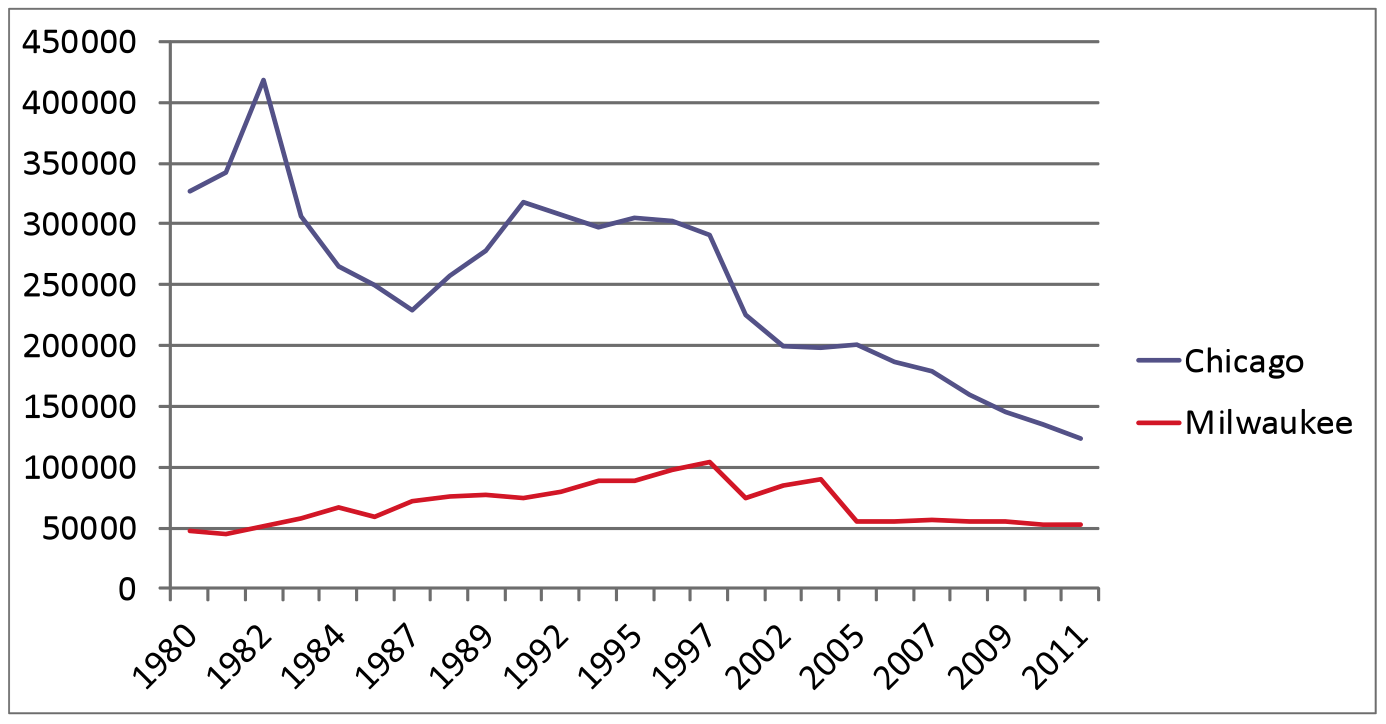Truth in Sentencing: We Like the Symbolism, But Have Mixed Feelings About the Practical Policy
Two-thirds of Wisconsin voters support truth in sentencing, the 1998 law that abolished parole in the state and required prisoners to serve the full term of their sentences. At the same time, a majority of Wisconsin voters (54.5 percent) agreed that once a prisoner serves half of his term, he should be released and given a less costly form of punishment if he can demonstrate that he is no longer a threat to society. These seemingly inconsistent opinions point to complex, mixed feelings about sentencing policy in the state.
The numbers come from the Marquette Law School Poll, which earlier this week released the results of its latest survey of Wisconsin voters regarding politics and public policy. This edition of the poll included a rich array of questions relating to truth in sentencing. (Full disclosure: I collaborated in the design of these questions with Poll Director Charles Franklin and Professor Darren Wheelock of the Marquette Social and Cultural Sciences Department.)
The poll results this year were remarkably consistent with results from a year ago, when some of the same questions were posed. Last July, 63% supported truth in sentencing, while 55% supported release opportunities at the half-way mark. An even more decisive two-thirds majority supported awarding credits toward early release to recognize prisoners’ rehabilitative accomplishments, which also violates truth in sentencing (at least in the particularly hard-line way in which it was adopted in Wisconsin).
What gives?
Milwaukee Arrest Trends, 1980-2011 — Part Three: Chicago Comparisons
Chicago’s population is about 4.5 times larger than Milwaukee’s, but, surprisingly, the arrest totals in the two cities have been slowly converging for many years. Here are the numbers reported to the FBI since 1980 (omitting a handful of years in which one city or the other did not report arrests):
To some extent, the convergence may result from underlying crime trends in the two cities.


